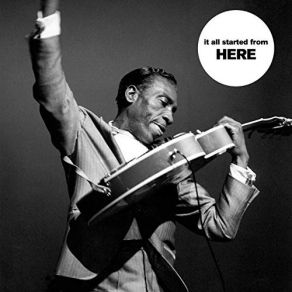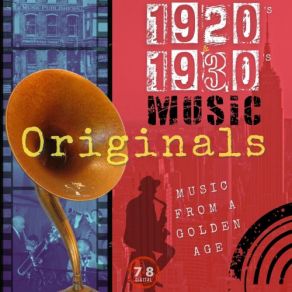Gertrude Niesen
Wikimp3 information about the music of Gertrude Niesen. On our website we have 0 albums and 16 collections of artist Gertrude Niesen. You can find useful information and download songs of this artist. We also know that Gertrude Niesen represents Pop genres.
Biography
[Edit]Gertrude Niesen was a vocalist who achieved her greatest successes, in music and in movies, during the big-band era. Born in 1911 in New York City, she was a natural singer and as early as 1932, she was featured — under the name Gertrude Nessen — along with Artie Shaw in a Vitaphone short called "Yacht Party." In 1934 she was cast in the Broadway musical Calling All Stars, which ran for only a month, but she did rather better a couple of years later, in the Ziegfeld Follies of 1936, where she had a featured song — "Isle in the West Indies" — and enjoyed a three-month run. Amid the boom accompanying the swing era and the burgeoning number of musicals, she began appearing regularly onscreen, in features such as Top of the Town and Start Cheering. Her voice was distinctive enough and she was sufficiently well known so that Jimmy McHugh wrote "Where Are You" specifically for her; and she earned a writing credit for her contribution to the song "I Want to Make with the Happy Times," from the 1940 B-feature A Night at Earl Carroll's. Niesen was also part of such movies as Rookies on Parade and Bagdad Daddy in the early '40s, and even made it into the Irving Berlin-inspired blockbuster This Is the Army (1943), but her big break and claim to musical immortality came from the stage, when she was cast as Bubbles LaMarr in Follow the Girls, a wartime musical (which also starred a young Jackie Gleason) that provided her with a song called "I Wanna Get Married." This became her breakthrough role during its two-year run, and provided her with a vehicle through which he voice would be anthologized for many years after. It was also the high point of Niesen's career. Her last screen appearance was as a nightclub singer in The Babe Ruth Story (1948). As late as 1951, she was still recording for Decca and actually had an eponymously titled LP out that year, but the remainder of her career was confined to nostalgia-laden programs with the waning of the big-band era in which she'd first achieved success. Still, in 2002, almost 30 years after her death, her version of "I Wanna Get Married" — recorded for Decca — was still being revived and reissued.
Collections
Title: Flappers & Cabaret Jazz
Genre: Jazz
Title: The First Torch Singers, Vol. 3: 1935 - 1940
Genre: Pop
Title: The First Torch Singers, Vol. 2: 1930 - 1934
Genre: Pop
Title: Here Come the Girls
Genre: Pop
Title: Girls of the 30s
Genre: Pop
Title: This Is the Army (Original Soundtrack)
Genre: Theatre/Soundtrack
Title: Songs of American History
Genre: Songwriter/Lyricist
Title: Blues Roots & Folk Music
Genre: Blues
Title: Singing Sex Symbols of the Airwaves
Genre: Pop
Title: The First Rock And Roll Record (CD2)
Genre: Rock, Rock & Roll, Rockabilly
Title: America's Greatest Hits 1945 (CD1)
Genre: Vocal Jazz, Pop, Pop Rock, Easy Listening
Title: It All Started From Here: Rock & Roll First Record 2019
Genre: Hip Hop/R&B, Blues, Jazz, Rock & Roll, Pop
Title: 1920S 1930s Music Originals (Music From A Golden Age)
Genre: Jazz




















